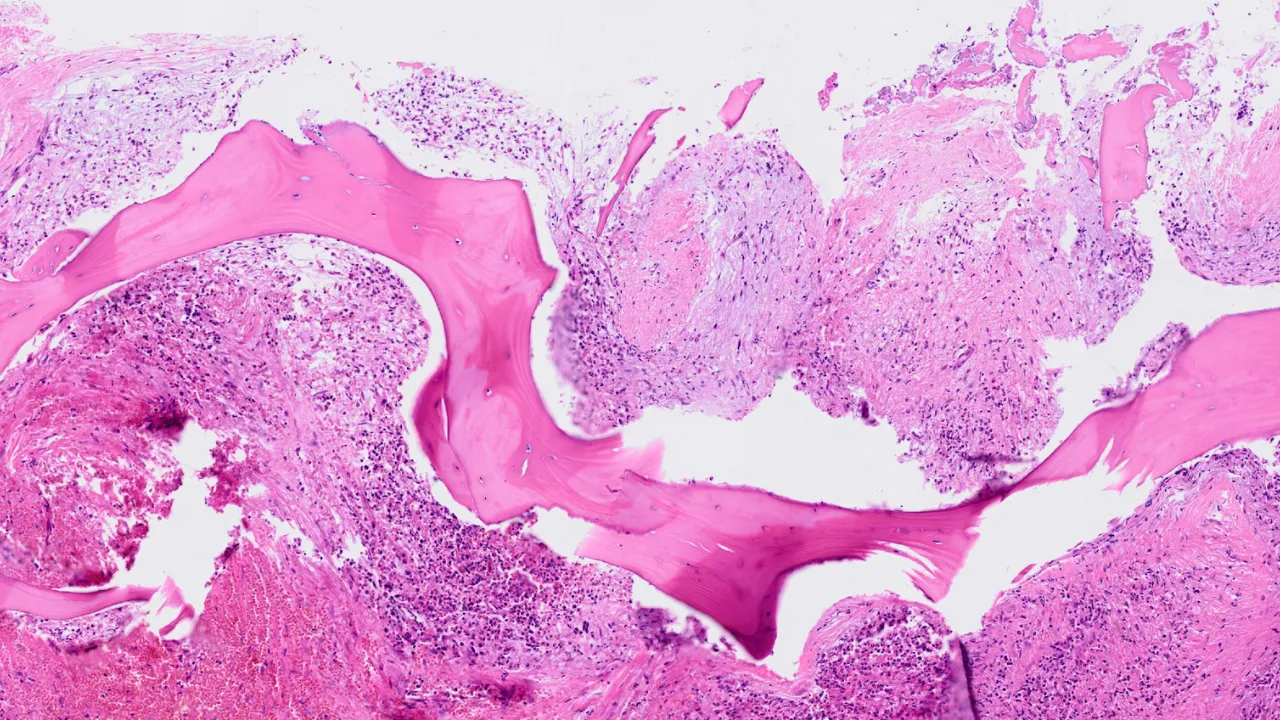Comprehensive Genomic Profiling (CGP) | TruSight Oncology 500 (TSO500)
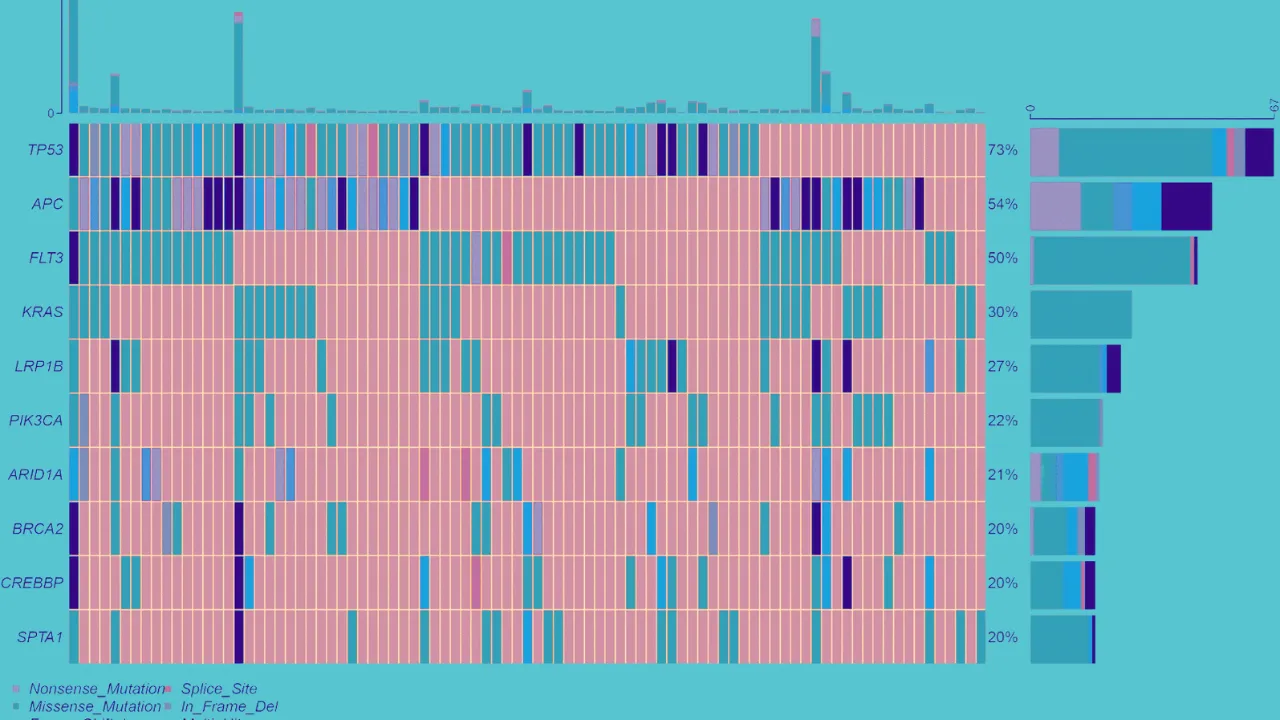
EMBRACING THE SEQUENCING ERA
Enabling precision oncology through genomic insights for better patient outcomes.
What is Comprehensive Genomic Profiling?
The last decade of cancer research has proven that no two cancers are the same. Even tumours that look identical under the microscope are likely to have different cancer-causing changes in their genes and these can determine what treatments are best for each tumour. Comprehensive Genomic Profiling (CGP) describes a suite of technologies that deep dive into the genes of each cancer, giving oncologists a detailed picture of the make-up of the individual tumour, and allowing recommendations for personalised treatments tailored to your tumour’s specific molecular targets and drug sensitivities. CGP scans across all important parts of the cancer genome in one test, thereby avoiding the need for costly and time consuming serial measurements of cancer.
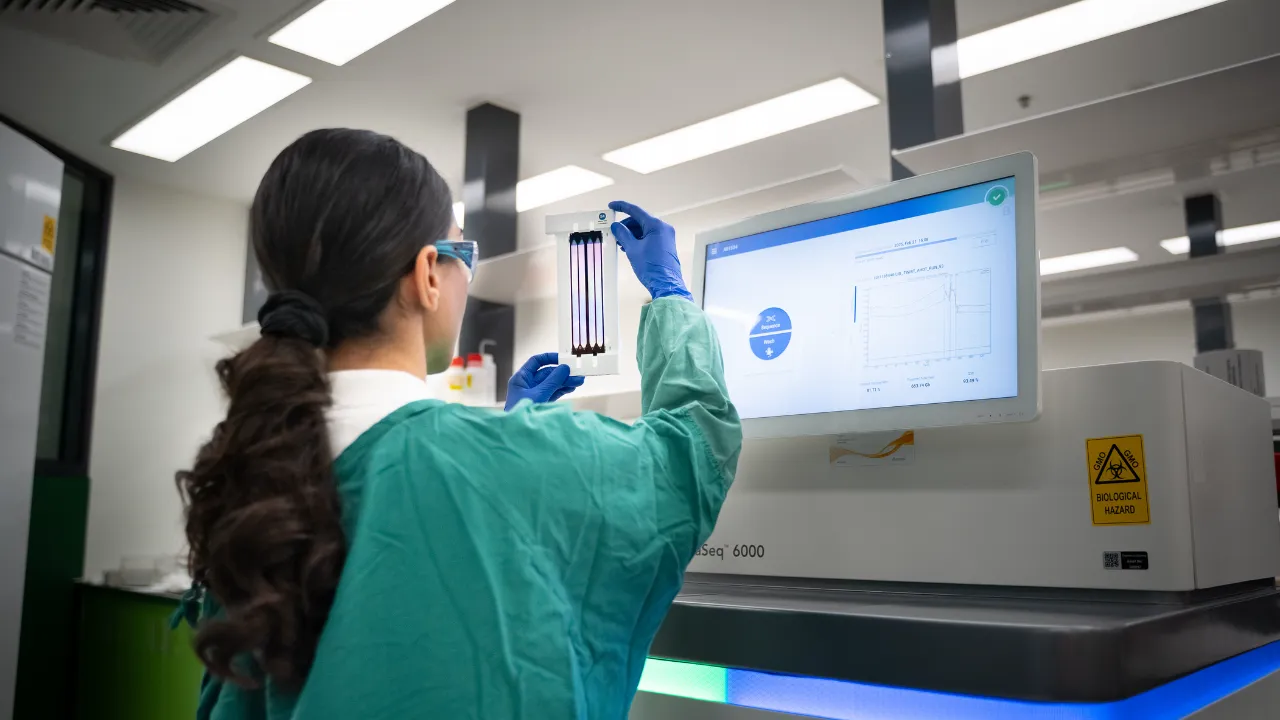

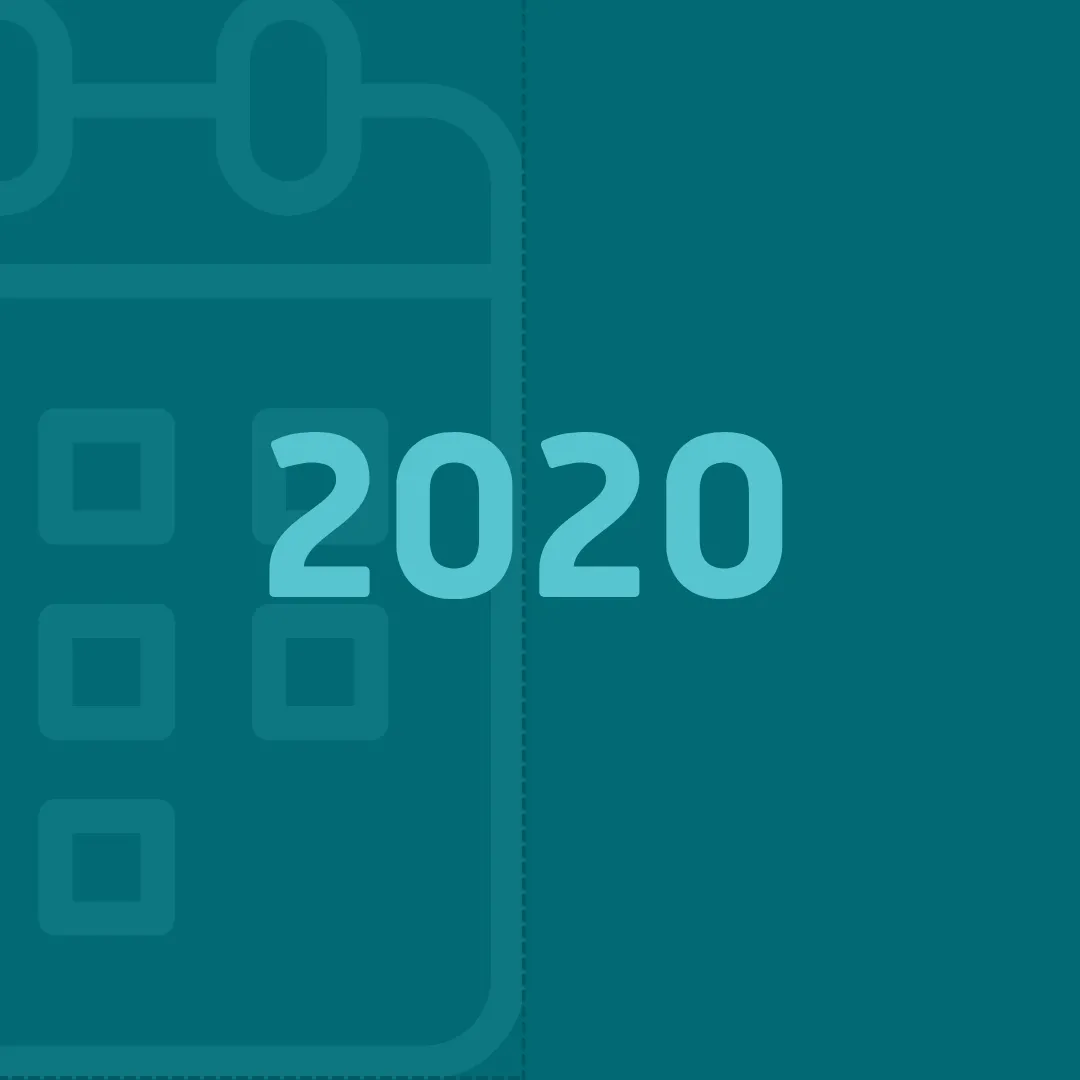
In August 2020, Peter Mac and nexomics established itself as the first laboraotry in Australia to offer Comprehensive Genomics Profiling to patients.
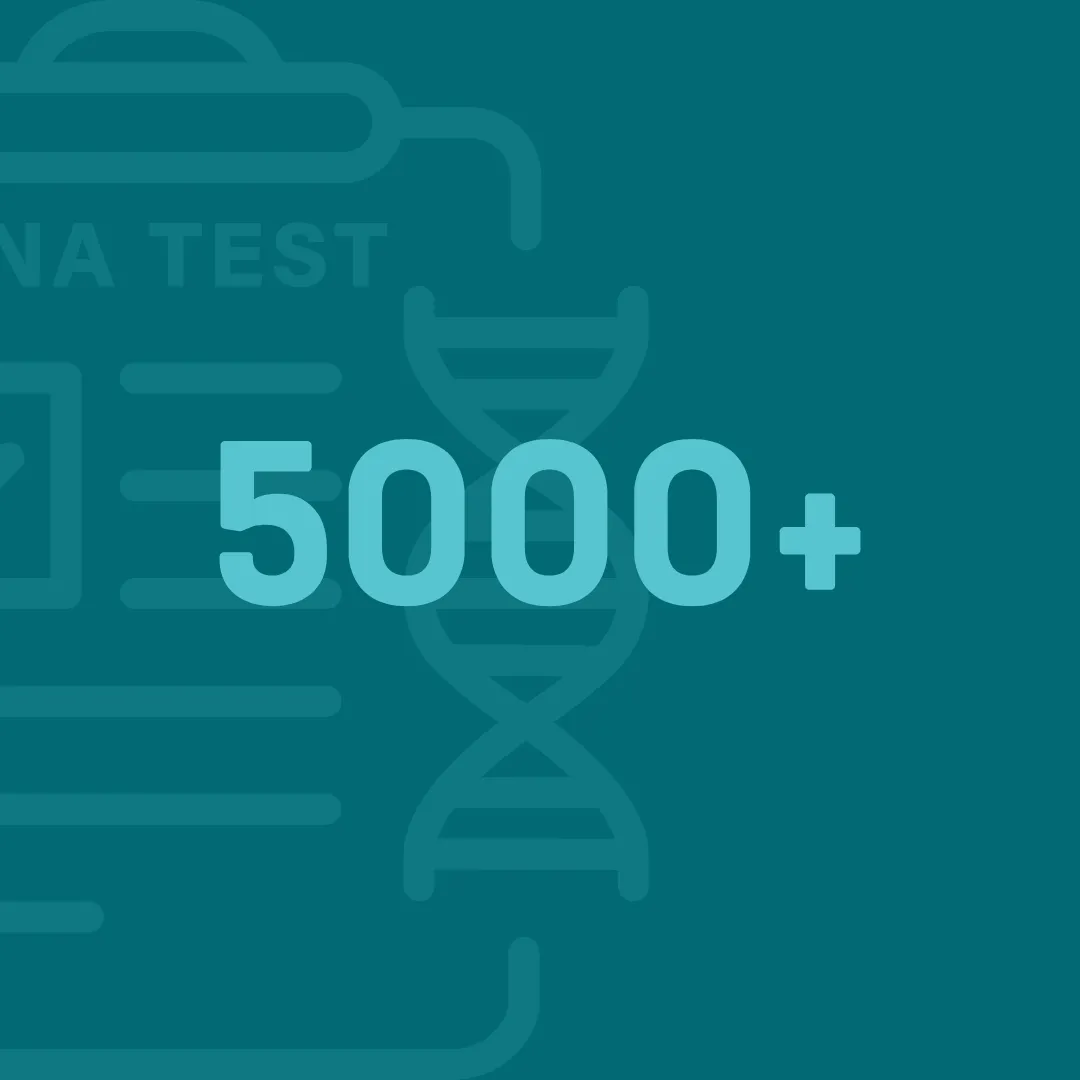
TSO500 tests carried out since August 2020. Our team continue to deliver a high volume of tests weekly.
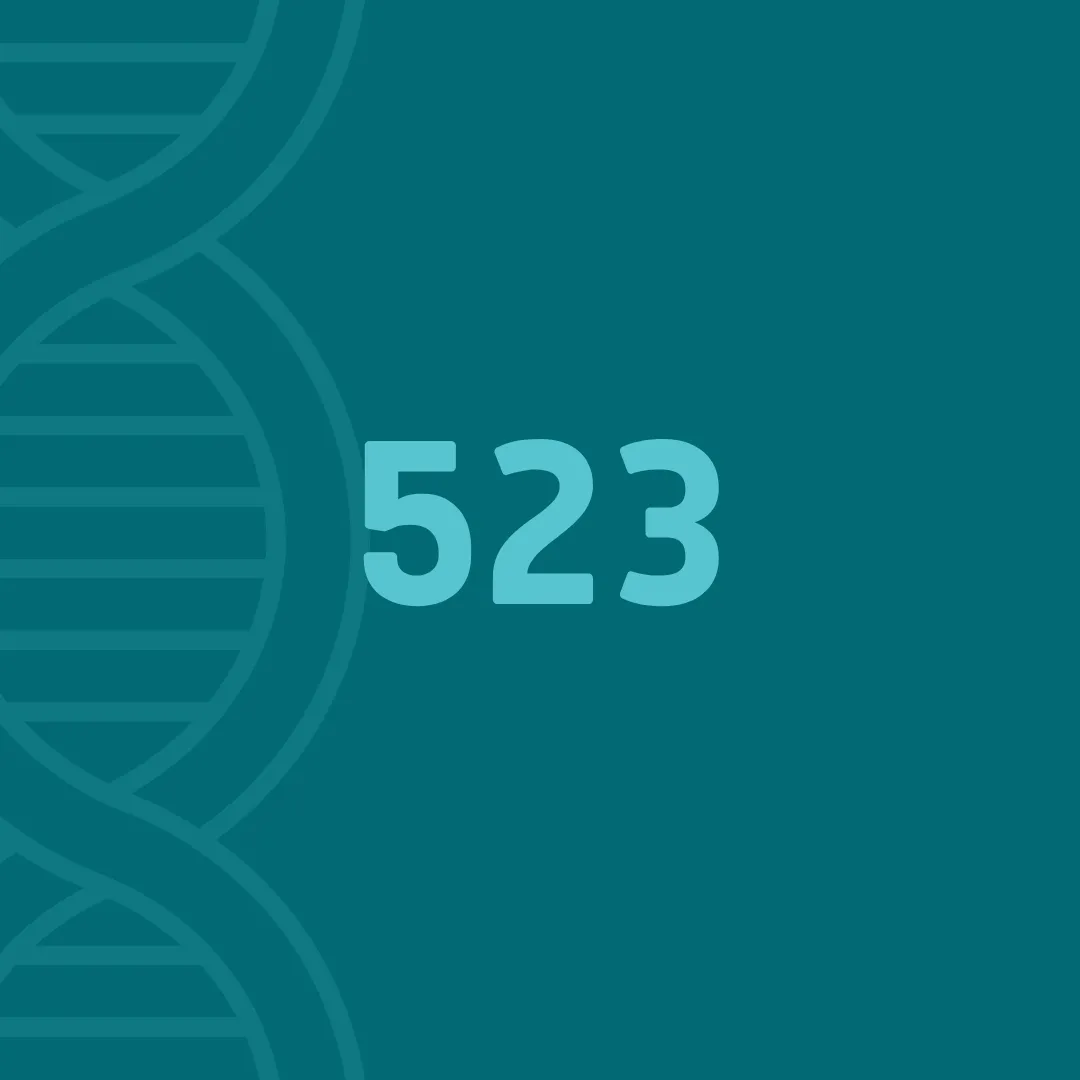
Targeted sequencing of DNA from 523 genes and RNA from 55 genes. MSI and TMB measurement included.

business days is our turnaround time (TAT) which involves, sample processing, sequencing, analysis and reporting.
comprehensive genomic profiling from FFPE tissue
TruSight Oncology 500 (TSO500)
TruSight Oncology 500 (TSO500) is a next-generation sequencing (NGS) assay that enables Comprehensive Genomic Profiling of tumour samples. It allows identification of all relevant DNA and RNA changes associated with most common tumour types.

the important first step - our difference
What sample is tested?
The preferred sample is tissue from the tumour itself. Sequencing needs only a small amount of cancer tissue such as the material remaining from your biopsy or a portion of the tissue removed during cancer surgery. In addition, historical specimens from earlier cancers, even if stored for years, are often suitable for sequencing and can provide useful information.
TSO500 works well with tissues that have been fixed and embedded for diagnostic pathology workup.
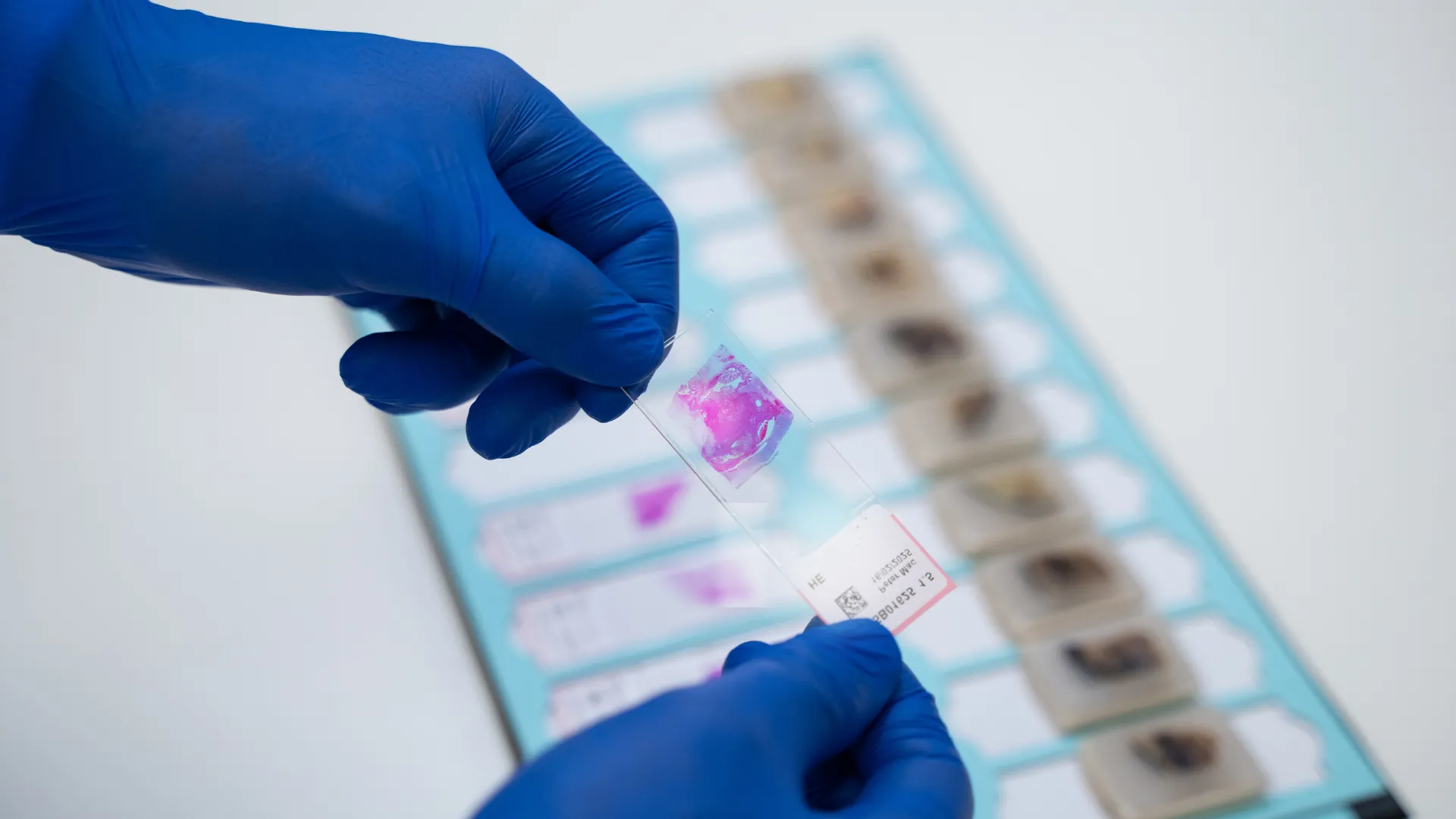
process driven for reliable results
What happens to my sample in the lab?
Peter Mac scientists chemically purify DNA and RNA from the sample and perform a series of modifications that allow both types of molecules to be analysed by Next Generation Sequencing (NGS). All steps are quality controlled and only good quality samples are finally sequenced. DNA sequence information is analysed by powerful computers allowing the identification of cancer-causing changes in the tumour DNA.
Our trained genome analysts use this information together with international catalogues of cancer genes and drug sensitivities to generate a descriptive report with treatment recommendations. All cases are presented at Peter Mac’s weekly multi-disciplinary team meeting where our pathologists, medical oncologists, family cancer health carers and scientists provide final recommendations.
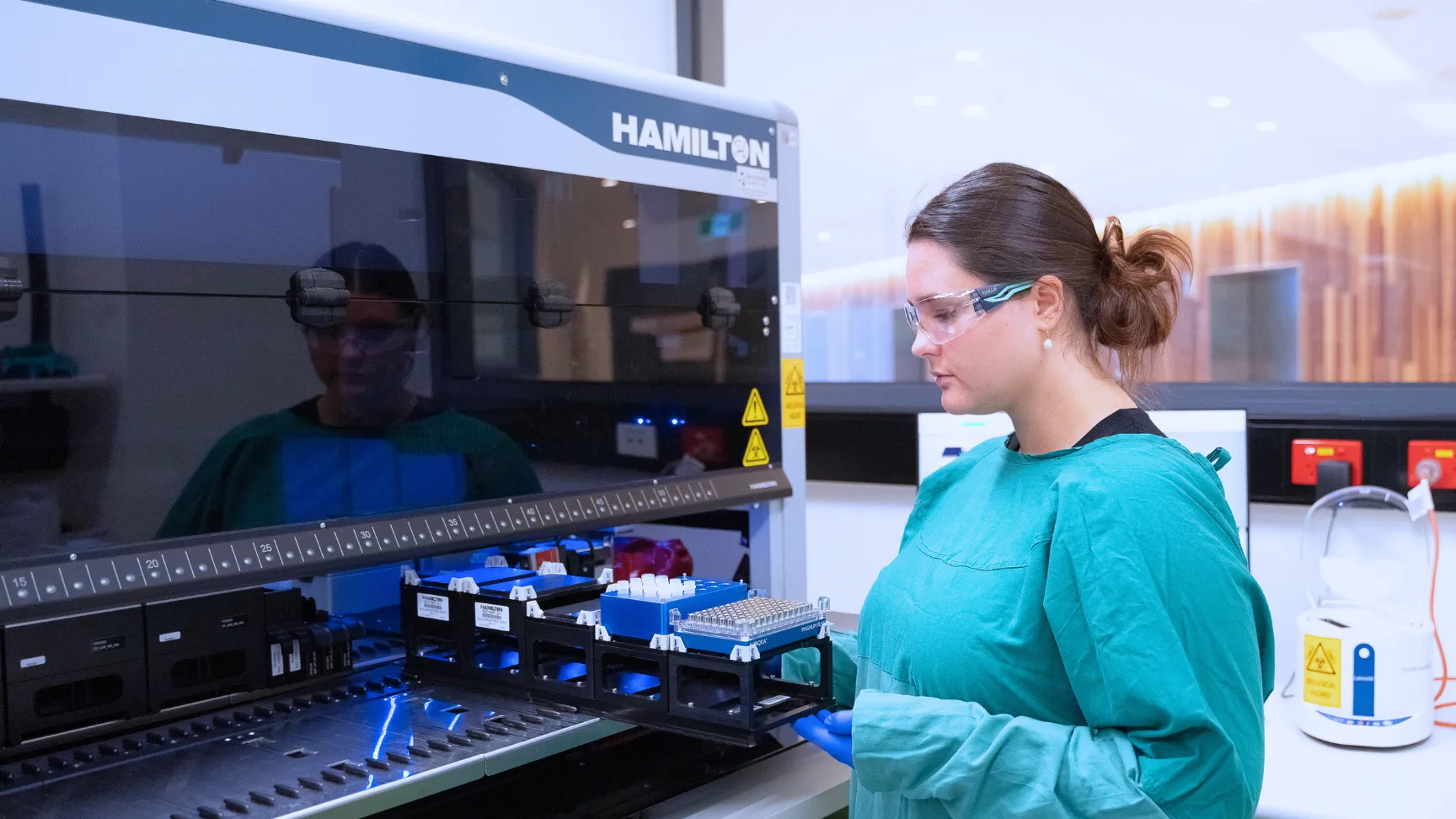
EXPERT genomic analysis
Expert Curation Services. Comprehensive Analysis.
Precision medicine is emerging in Australia, with new therapies approved annually, often for specific cancer types. Based on a patients tumour genomic profile, a targeted therapy might be available, or an 'off-label' option could be suggested. You might also access therapies in testing. Sometimes, tumour changes may indicate a lack of response to treatment, prompting doctors to consider alternatives like chemotherapy or immunotherapy.
Scientists purify DNA and RNA from the sample for analysis by Next Generation Sequencing (NGS). Quality control ensures only good samples are sequenced. Powerful computers analyse DNA sequences to identify cancer-causing changes.
Genome analysts or curation scientists use this data and global cancer gene databases to create a report with treatment suggestions. Cases are reviewed at a weekly Molecular Tumour Board meeting, where experts provide final recommendations to clinicians.
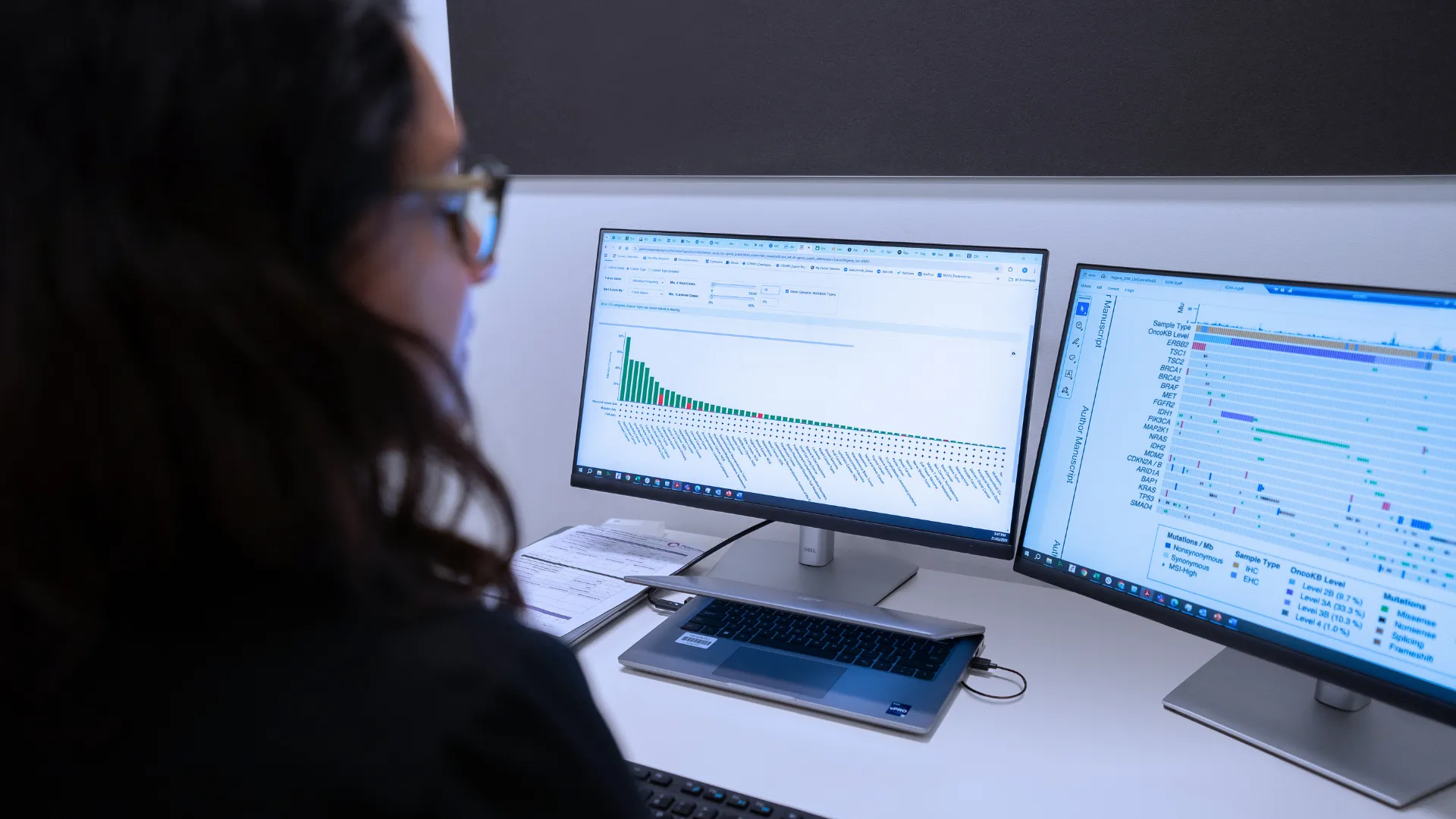
Frequently Asked Questions (FAQs) about CGP / TSO500 Testing?
Send us a message via our contact form detailing your specific requirements and questions and a member of our team will be in touch.
How is TSO500 ordered?
TSO500 may be requested by medical oncologists or through access to clinical trials. Our testing is open to clinicians, researchers, biotechnolgoy and pharmaceutical clients looking to access CGP testing for clinical trials.
What is immunotherapy?
Immunotherapeutics (ITs) enhance the body’s natural defences against cancer cells. A particular class of ITs effective against some solid tumours are “immune checkpoint inhibitors” (ICIs). ICIs are engineered antibodies that “un-mask” cancer cells, allowing normal immune cells to “see” and destroy the cancer.
TSO500 measures three important features of tumours that predict whether they will be sensitive to ICIs –
- Tumour Mutation Burden (TMB) and
- Microsatellite Instability (MSI)
- Homologous Recombinant Defeciency (HRD)
What therapies are available following genomic profiling?
Precision medicine is a new field in Australia. New therapies are being approved every year, but most are available for a specific type of cancer only. Depending on what is found in your tumour’s genomic profile, an-approved targeted therapy may be available, or an “off-label” recommendation may be made.
